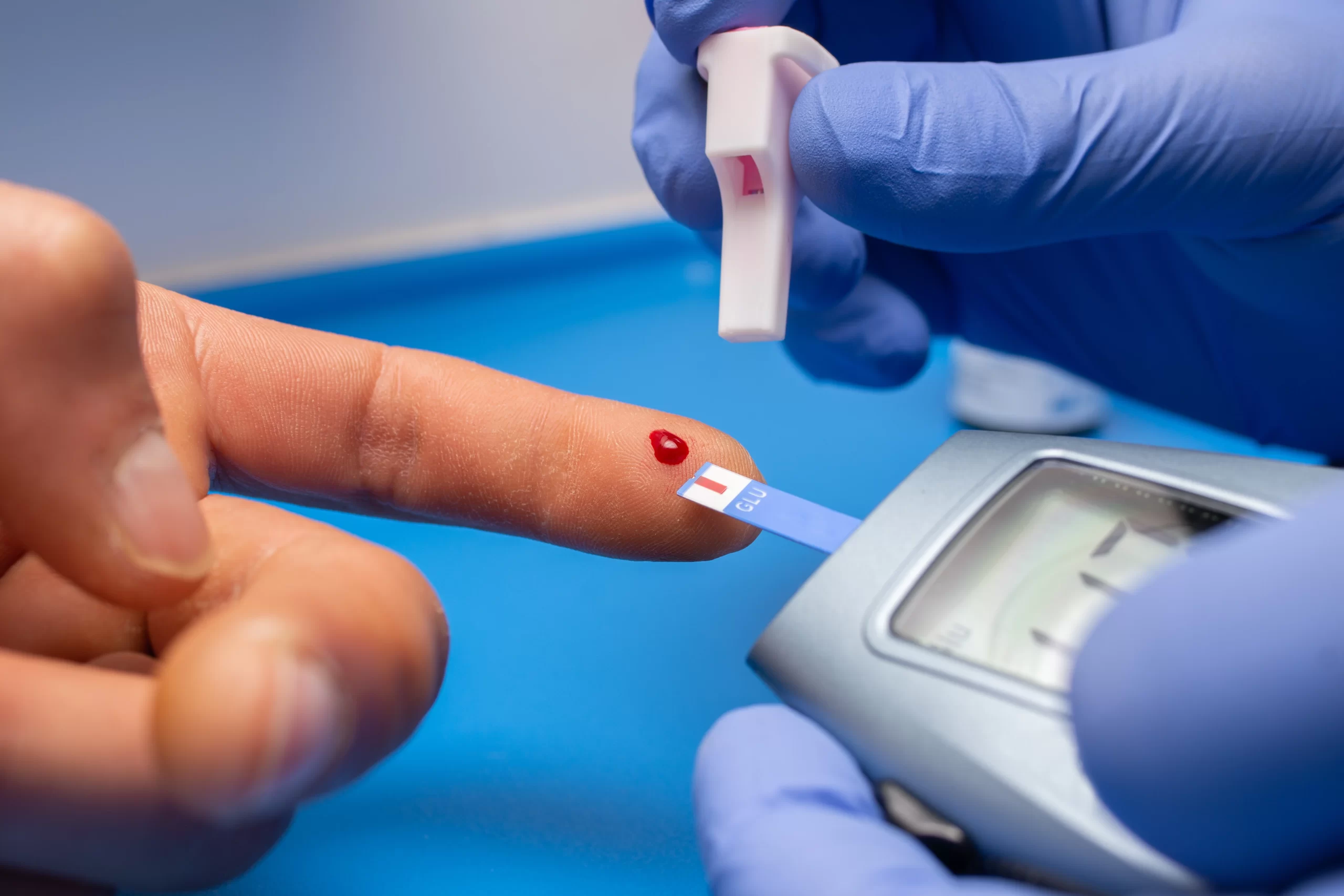Diabetes, a chronic condition characterized by elevated blood sugar levels, requires diligent management to prevent complications and maintain overall health. While medications play a crucial role, lifestyle and daily routines can significantly impact blood sugar levels. Understanding the intricate relationship between these factors is essential for effective diabetes management.
Instant Suggestion For One’s With Diabetes
Diabetes, a metabolic disorder characterized by high blood sugar levels, necessitates a nuanced and comprehensive approach to management. While medications play a pivotal role, lifestyle and daily routines exert profound effects on blood sugar regulation. Understanding the intricate dynamics of these factors is vital for effective diabetes management.
Individuals with diabetes should work closely with healthcare professionals to tailor management plans to their specific needs. By actively participating in their care and making informed choices, those living with diabetes can enhance their overall well-being and minimize the risks associated with uncontrolled blood sugar levels. A proactive and holistic approach to diabetes management empowers individuals to lead fulfilling lives while effectively managing their condition.
- Balanced Diet

Causes: The consumption of refined carbohydrates and sugary foods can cause rapid spikes in blood sugar levels. Poor dietary choices contribute to insulin resistance, a hallmark of Type 2 diabetes.
Effects: Uncontrolled blood sugar levels can lead to complications such as cardiovascular disease, kidney damage, and nerve disorders. Additionally, it can exacerbate weight-related issues.
Consumption: Adopting a diet rich in whole foods, including fruits, vegetables, lean proteins, and whole grains, helps regulate blood sugar. Monitoring portion sizes and limiting processed foods is crucial.
Prevention: Emphasizing a balanced diet and opting for low glycemic index foods can prevent sharp fluctuations in blood sugar levels.
- Physical Activity
Causes: Sedentary lifestyles contribute to insulin resistance, reducing the body’s ability to utilize glucose effectively.
Effects: Regular exercise improves insulin sensitivity, aids in weight management, and lowers blood sugar levels. Conversely, lack of physical activity exacerbates diabetes-related complications.
Consumption: Engaging in a mix of aerobic exercises (e.g., walking, jogging) and strength training positively impacts blood sugar regulation. Aim for at least 150 minutes of moderate-intensity exercise per week.
Prevention: Incorporating physical activity into daily routines, such as taking the stairs or walking short distances, can contribute to overall fitness and blood sugar control.
- Meal Timing and Frequency
Causes: Irregular eating patterns and skipping meals can disrupt the body’s ability to maintain stable blood sugar levels.
Effects: Erratic meal timings lead to inconsistent glucose absorption, making it challenging to manage diabetes effectively.
Consumption: Establishing regular meal times and incorporating balanced meals throughout the day helps stabilize blood sugar levels.
Prevention: Planning meals in advance and carrying healthy snacks can prevent extended periods without nourishment, ensuring more stable glucose levels.
Also Read : Diabetes: 30-Second Ritual Lowers Blood Sugar Naturally
- Hydration
Causes: Dehydration can lead to concentrated blood, potentially causing elevated blood sugar levels.
Effects: Proper hydration supports kidney function and helps flush excess glucose from the bloodstream through urine.
Consumption: Opting for water or herbal teas over sugary drinks aids in maintaining hydration without contributing to blood sugar spikes.
Prevention: Monitoring fluid intake and ensuring regular hydration helps in preventing dehydration-related fluctuations in blood sugar levels.
- Stress Management

Causes: Chronic stress triggers the release of stress hormones, elevating blood sugar levels.
Effects: Prolonged stress can lead to insulin resistance and hinder effective blood sugar regulation.
Consumption: Incorporating stress-management techniques like meditation, deep breathing, or yoga can mitigate the impact of stress on blood sugar.
Prevention: Regular practice of stress-relief activities and establishing healthy coping mechanisms contributes to better overall diabetes management.
Conclusion
Effective diabetes management involves a holistic approach that incorporates lifestyle modifications and a keen awareness of daily routines. Balancing diet, incorporating regular physical activity, managing stress, and maintaining consistent sleep patterns are essential elements. Additionally, monitoring blood sugar levels, adhering to prescribed medications, and seeking social support contribute to a comprehensive strategy for managing diabetes.
To Get more such updates and crucial information stay in touch with The Digital Today.


[…] Anjeer (Fig) water. This humble detox drink offers a range of benefits, contributing to overall well-being. Let’s look into the four compelling reasons why making Anjeer water a morning ritual can be […]
[…] blog provides practical tips to lower blood sugar naturally, including dietary changes, exercise, stress management, and proper hydration. Regular blood sugar […]